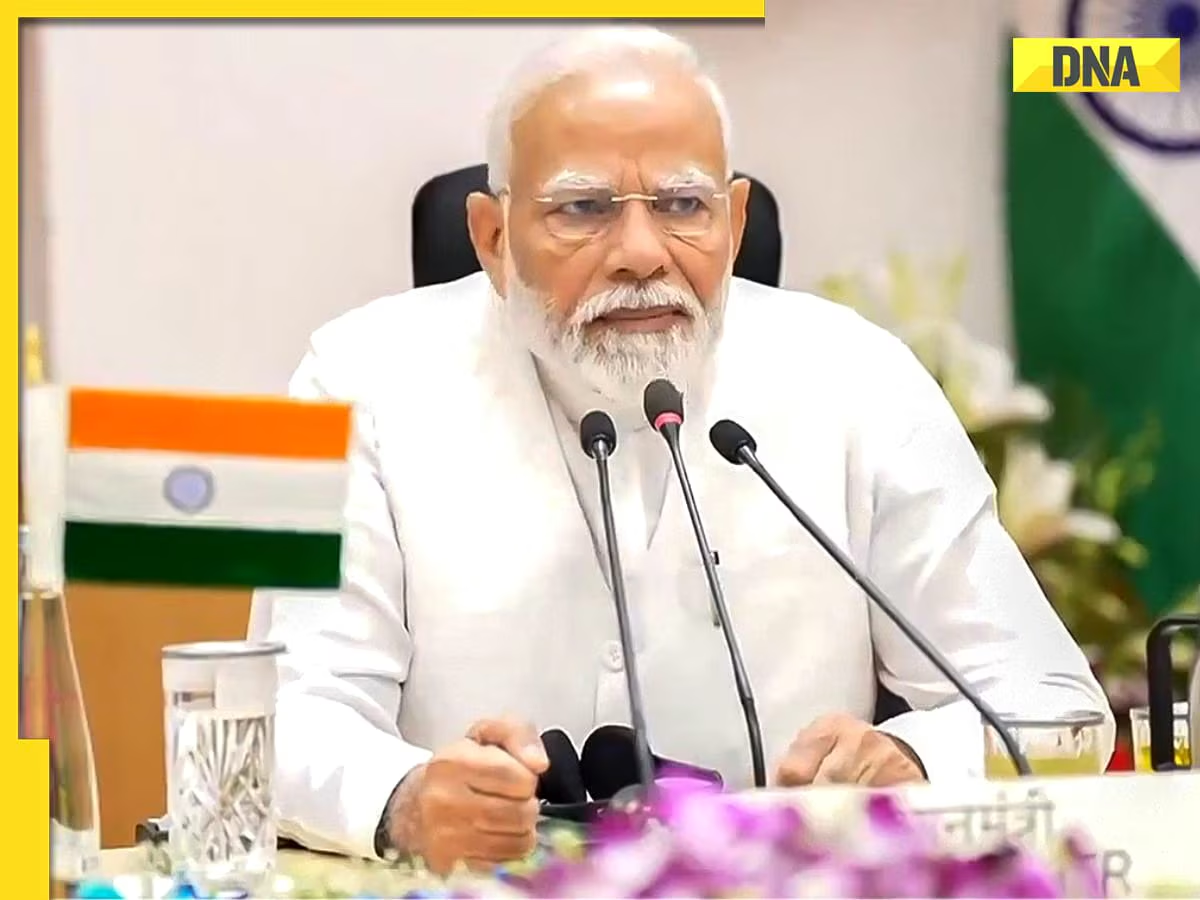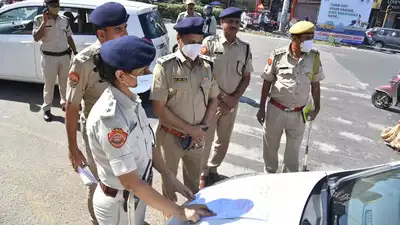Explore the significant absence of opposition chief ministers at PM Modi’s recent NITI Aayog meeting and its implications on Indian politics.
The Importance of NITI Aayog and Its Meetings
It serves as a platform for cooperative federalism by bringing together central and state governments to formulate policies and address issues of national importance.
The meetings held by NITI Aayog are crucial for discussing and deliberating upon various developmental initiatives and strategies for the country’s progress.
These meetings provide an opportunity for the Prime Minister and Chief Ministers of different states to engage in dialogue and collaborate on important matters.
The absence of opposition chief ministers at PM Modi’s recent NITI Aayog meeting raises questions about the effectiveness and inclusivity of these discussions.
Reasons Behind the Absence of Opposition Chief Ministers
There can be several reasons behind the absence of opposition chief ministers at PM Modi’s NITI Aayog meet.
One possible reason is the ideological differences between the ruling party and the opposition, which may lead to a lack of interest or willingness to participate in such meetings.
Another reason could be the perception among the opposition leaders that these meetings are merely symbolic and do not result in tangible outcomes.
Some opposition chief ministers may also choose to boycott these meetings as a form of protest or to showcase their dissatisfaction with the central government’s policies.
It is important to analyze these reasons in order to understand the dynamics of the political landscape and the significance of opposition involvement in decision-making processes.
Impact of the Absence on Centre-State Relations
The absence of opposition chief ministers at PM Modi’s NITI Aayog meeting can have significant implications for centre-state relations.
These meetings are meant to foster cooperation and collaboration between the central government and state governments for the overall development of the country.
The absence of opposition chief ministers can lead to a lack of diverse perspectives and inputs in policy discussions, which may hinder the effectiveness of decision-making processes.
It can also create an impression of disunity and strained relations between the ruling party and the opposition, affecting the spirit of cooperative federalism.
Furthermore, the absence of opposition chief ministers may weaken the accountability and checks and balances in the system, as these meetings provide a platform for opposition leaders to voice concerns and hold the government accountable.
Reactions from Different Political Parties
The absence of opposition chief ministers at PM Modi’s NITI Aayog meeting has garnered mixed reactions from different political parties.
Some parties have criticized the absence, viewing it as a missed opportunity for constructive dialogue and cooperation.
They argue that the absence undermines the principles of democracy and inclusive governance.
On the other hand, some parties have defended the absence, citing ideological differences and lack of trust in the central government’s intentions.
They believe that the absence is a legitimate expression of dissent and a way to assert their autonomy.
These contrasting reactions reflect the diverse political landscape and the complex dynamics of power-sharing in Indian politics.
Future of NITI Aayog Meetings and Opposition Involvement
The absence of opposition chief ministers at PM Modi’s NITI Aayog meeting raises important questions about the future of these meetings and opposition involvement.
It highlights the need for creating an environment of inclusivity and fostering greater participation from all stakeholders, regardless of political affiliations.
Efforts should be made to address the concerns and reservations of the opposition, ensuring that these meetings are seen as meaningful platforms for dialogue and collaboration.
The central government should also make proactive efforts to reach out to the opposition and bridge the gap in order to strengthen the spirit of cooperative federalism.
The future of NITI Aayog meetings and opposition involvement will depend on the willingness of all stakeholders to engage in constructive dialogue and work towards the collective progress of the nation.






Leave a Reply